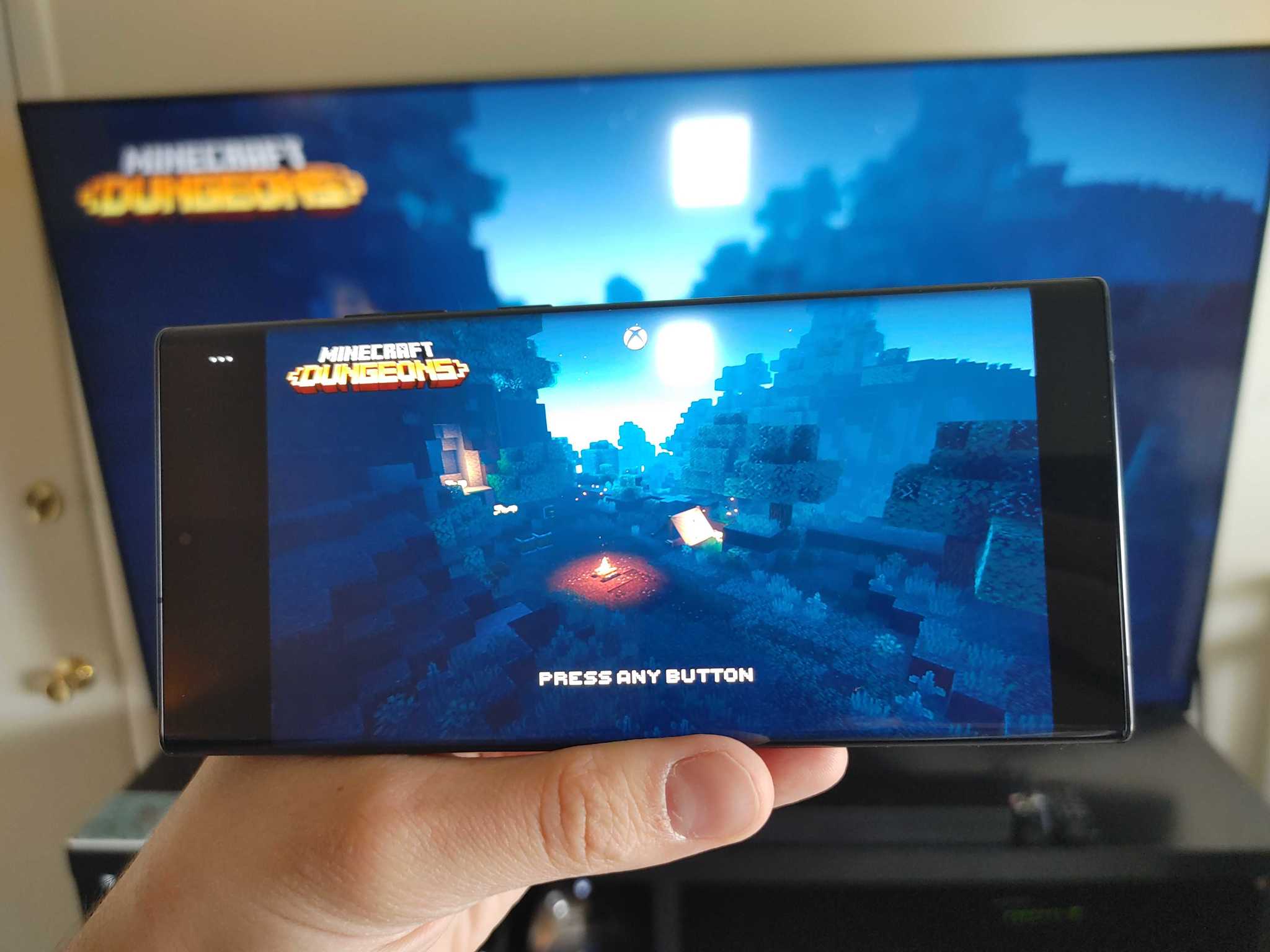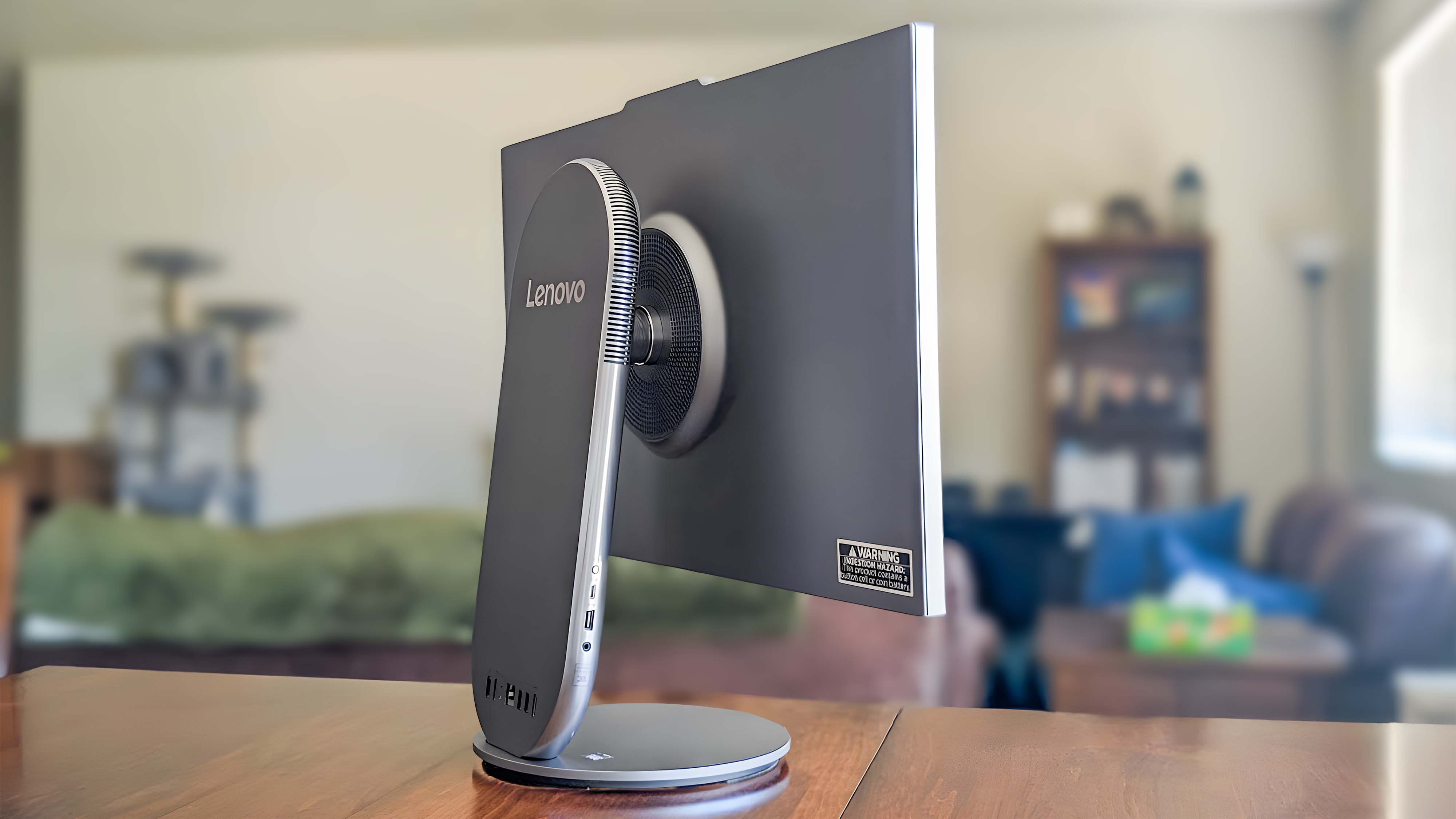Why Microsoft's next big Xbox acquisition should be in the mobile game space
Xbox's acquisition spree should look to the small screen.
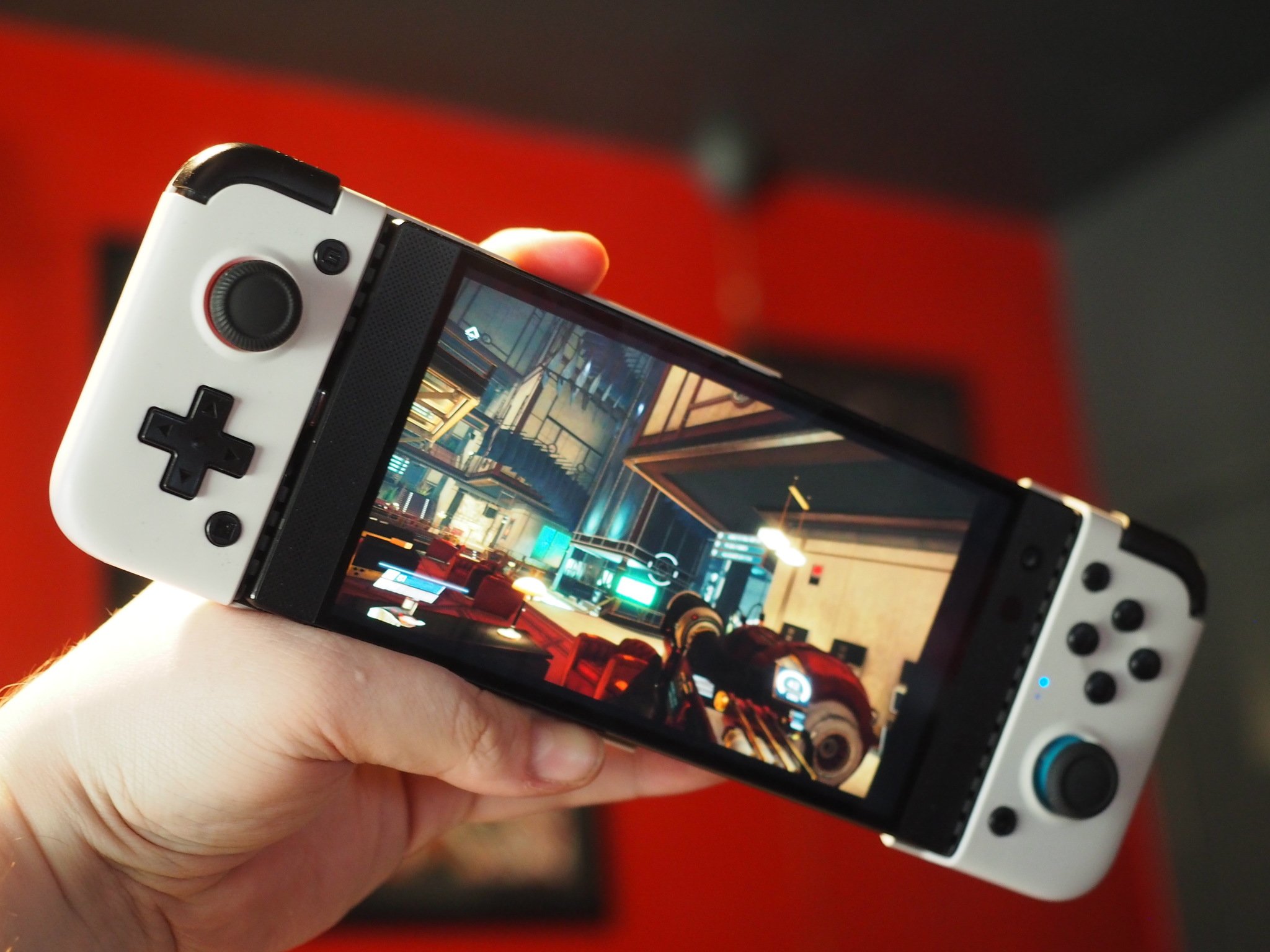
All the latest news, reviews, and guides for Windows and Xbox diehards.
You are now subscribed
Your newsletter sign-up was successful
Microsoft has been on a gaming acquisition spree in recent years. Smaller studios like Double Fine, Undead Labs, and inXile joined up with the Xbox stable, alongside larger teams like Bethesda, Playground Games, and more. Microsoft also signaled in its recent investor calls that it intends to make more gaming acquisitions in the future, in part to bolster the attractiveness of Xbox Game Pass, its all-you-can-eat gaming subscription service.
Many of us in the Xbox community and podcast circuit (check out my podcast by the way) often discuss the topic of acquisitions, as fans and commentators imagine what studios or publishers might fit into Microsoft's strategy. There are always fresh rumors about who may join the troupe, with everyone from EA to Sega and Capcom brought up as a potential acquiree.
While I have no hard information or knowledge about any potential upcoming acquisitions for Xbox, I do have some thoughts about the type of studio Microsoft should perhaps gun for, at least analytically speaking.
Here's why I think Microsoft's next acquisitions should look beyond the TV screen, and towards that smaller device in your pocket.
Why should Xbox buy a mobile game studio?
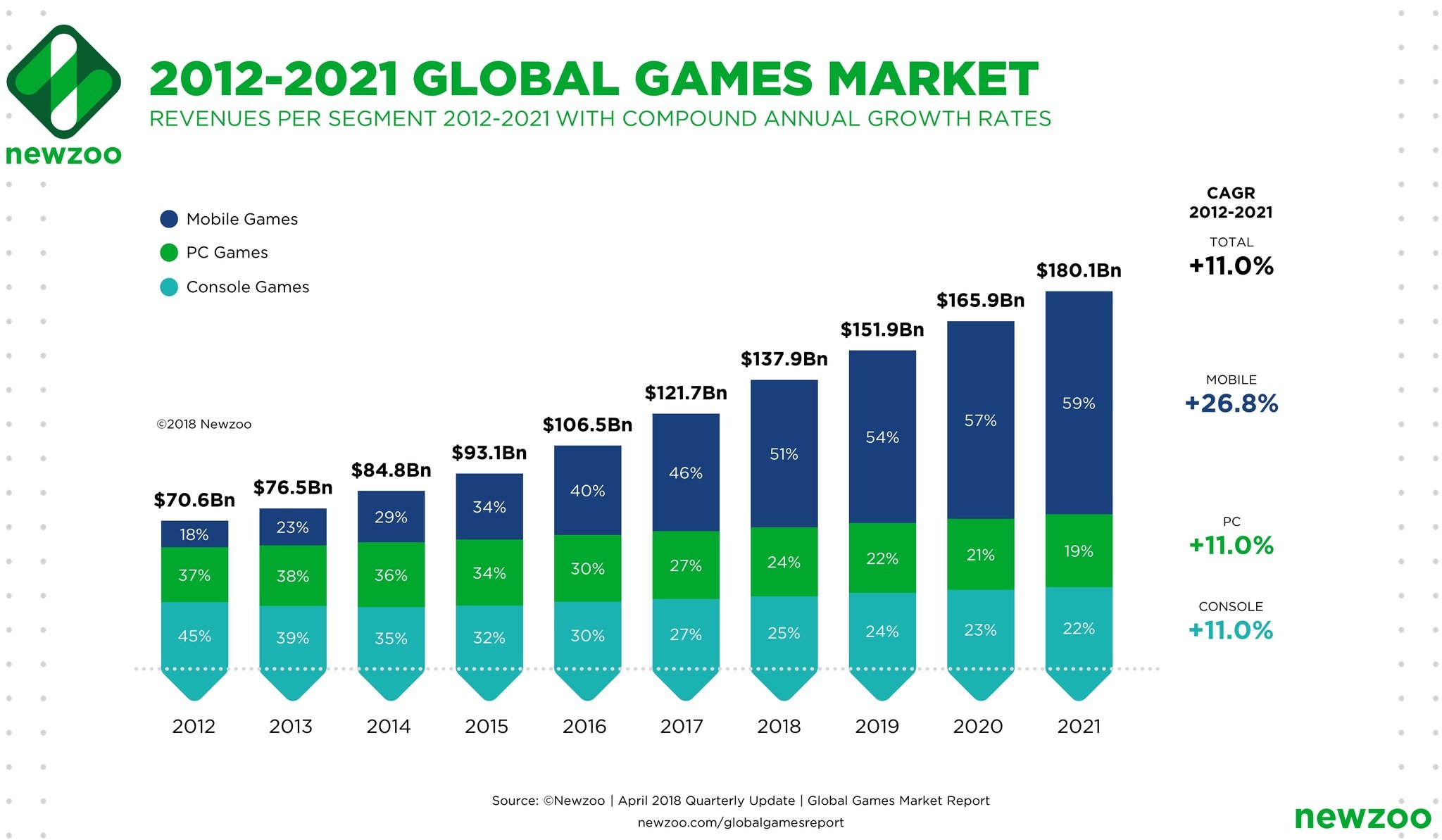
Simply put, the mobile gaming industry is absolutely massive, and enjoys the lion's share of recent industry growth. According to Newzoo, the industry stands at roughly $180 billion dollars as of 2021, and 59% of that comes from mobile spend. Most of the growth is also in mobile too, hitting 26%, while consoles and PC hit less than half of that in the same time period. Despite its size, the mobile game industry comes with some significant challenges.
The cost of user acquisition in the mobile game space is similarly enormous. The competition is incredibly aggressive, and curation on storefronts like the iOS store and Google Play means that bigger studios and teams need to pay out literal millions of dollars just to get their apps seen. Outside of unique indie hits that blow up on social media, navigating the market is complex and quite costly, if you don't know what you're doing. Arguably, I'd say Microsoft has shown a lack of expertise in this area — or at least a lack of will.
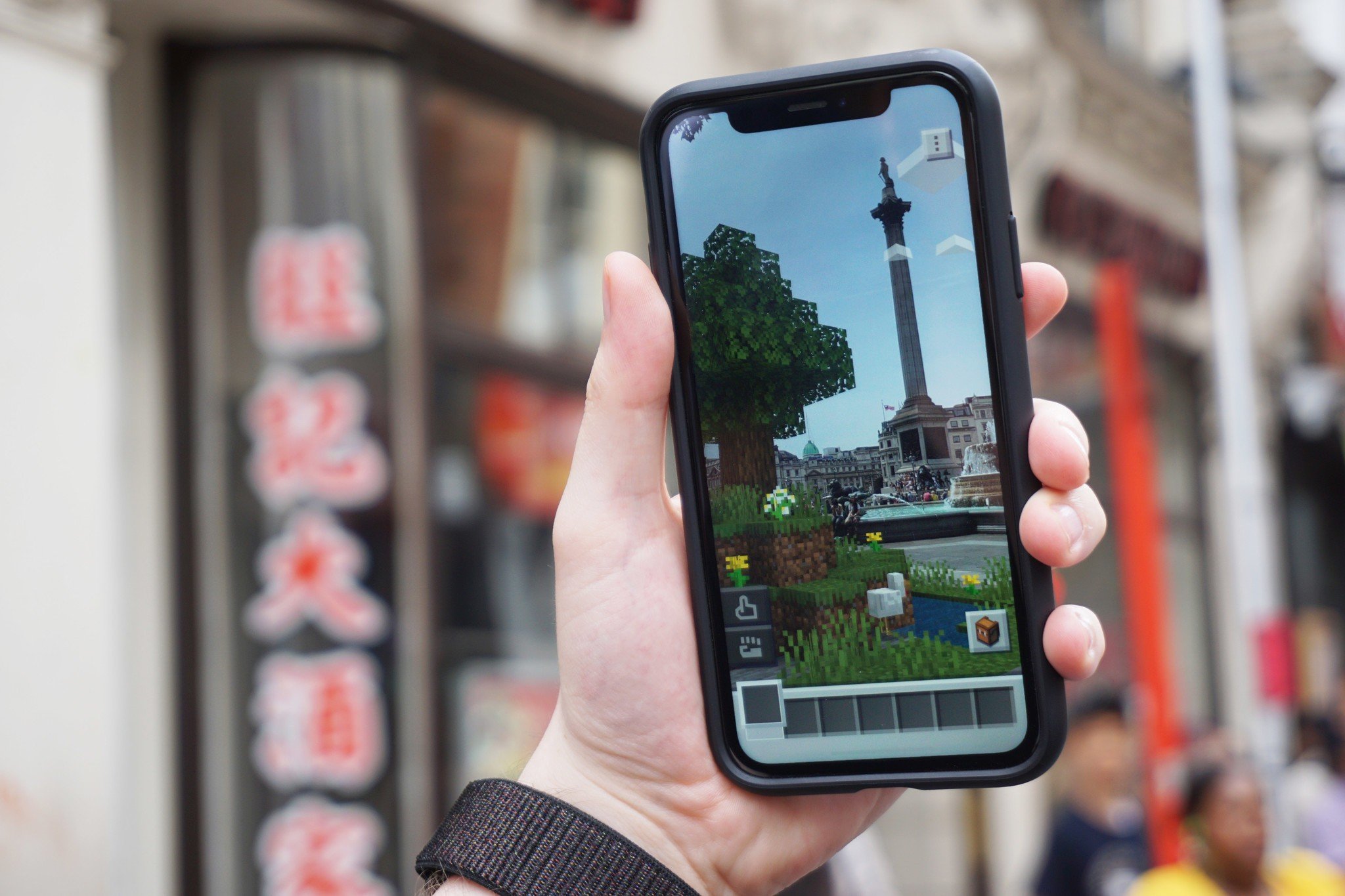
Microsoft has dabbled in mobile games to mixed success. Naturally, they acquired Minecraft Pocket Edition, but many of their recent home-grown mobile gaming efforts didn't succeed. Halo: Spartan Strike, Gears POP!, Forza Street, Minecraft Earth, and other mobile games didn't really set the world on fire. Microsoft did acquire a mobile studio when it picked up Bethesda called Alpha Dog, but they don't seem to have a big breakout success as of writing.
All the latest news, reviews, and guides for Windows and Xbox diehards.
Mobile games, especially of the free-to-play variety, require persistent and updates to remain business viable for a bigger company. Of course, Microsoft also owns Minecraft which is dominant on mobile, as well as Fallout Shelter and Microsoft Solitaire, all of which are successful. Microsoft is also competing with some serious heavy hitters in that space, including Tencent, Activision's King division, and many others. I'm not suggesting Microsoft competes head-on with native mobile games, however. My central argument for picking up a mobile studio moves beyond building native mobile experiences.
Mobile-aware experiences for Xbox Game Pass are a must
I don't think Microsoft necessarily needs a mobile studio or publisher to build native mobile games, although that's certainly a potentially lucrative option. Increasingly, as I use Xbox Game Pass on my phone, I realize that most of the games available simply aren't good experiences on a small screen.
Most games built for Xbox Game Pass cloud streaming (also known as Project xCloud) are TV-first, which comes with a bunch of problems for mobile cloud streaming. Sure, some of them do work pretty well. Streets of Rage 4 with its side-scrolling action and bright, comic book-style art really pops on a smaller display. The touch controls also work well, considering you don't need to rotate the camera and so on. The vast majority of games, however, have a litany of small ergonomic problems. Pillars of Eternity, for example, has incredibly fiddly controls even with a regular Xbox controller, let alone with touch. It's also very text-heavy, and the fonts in the menus and dialogue are incredibly hard to read. Other games have similar issues, ranging from overly complex controls that require an Xbox controller phone clip to play properly, or tiny fonts. Even things like lengthy gameplay loops represent a poorer experience on mobile, where you may be called to put your phone away to address a notification pop-up or hide your device from your boss in a meeting at short notice.
There is a light at the end of the tunnel, though. Minecraft Dungeons represents the first truly cloud-aware game on Xbox Game Pass' cloud gaming platform. The menus respond to touch inputs. The touch UI has a bespoke design. You can gun for shorter gameplay loops by selecting smaller maps. The fixed camera perspective helps with video encoding for cloud streaming and gameplay with a touchscreen, too.
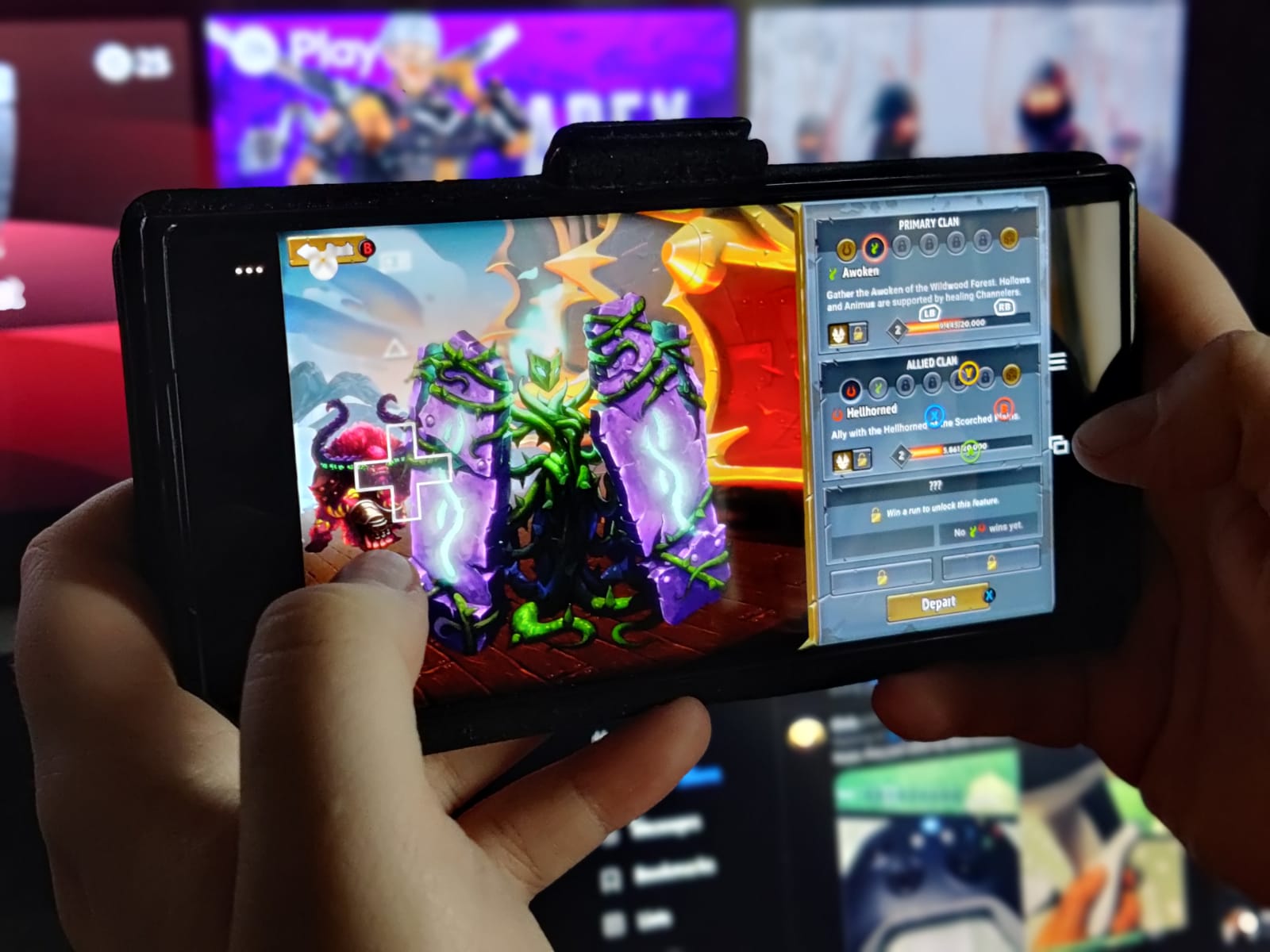
The problem with Minecraft Dungeons is that it is the only game on Xbox Game Pass cloud gaming that feels like a truly "cloud aware" mobile experience right now. Every other game there feels shoehorned into your phone. If it's unplayable without a controller or a larger display, I'd argue that the whole point of getting Xbox-quality games on your phone is nullified.
If Microsoft picks up a mobile game studio (or even a publisher), they could help rectify this situation. They could be dedicated to building more Minecraft Dungeons-level cloud-aware games from other Xbox studios. They could focus on games that are designed to be platform-agnostic, like Minecraft Dungeons, and help further the platform too.
If Microsoft wants Xbox Game Pass to grow more rapidly on mobile, building experiences that feel native is an absolute must.
Xbox must grow beyond the console
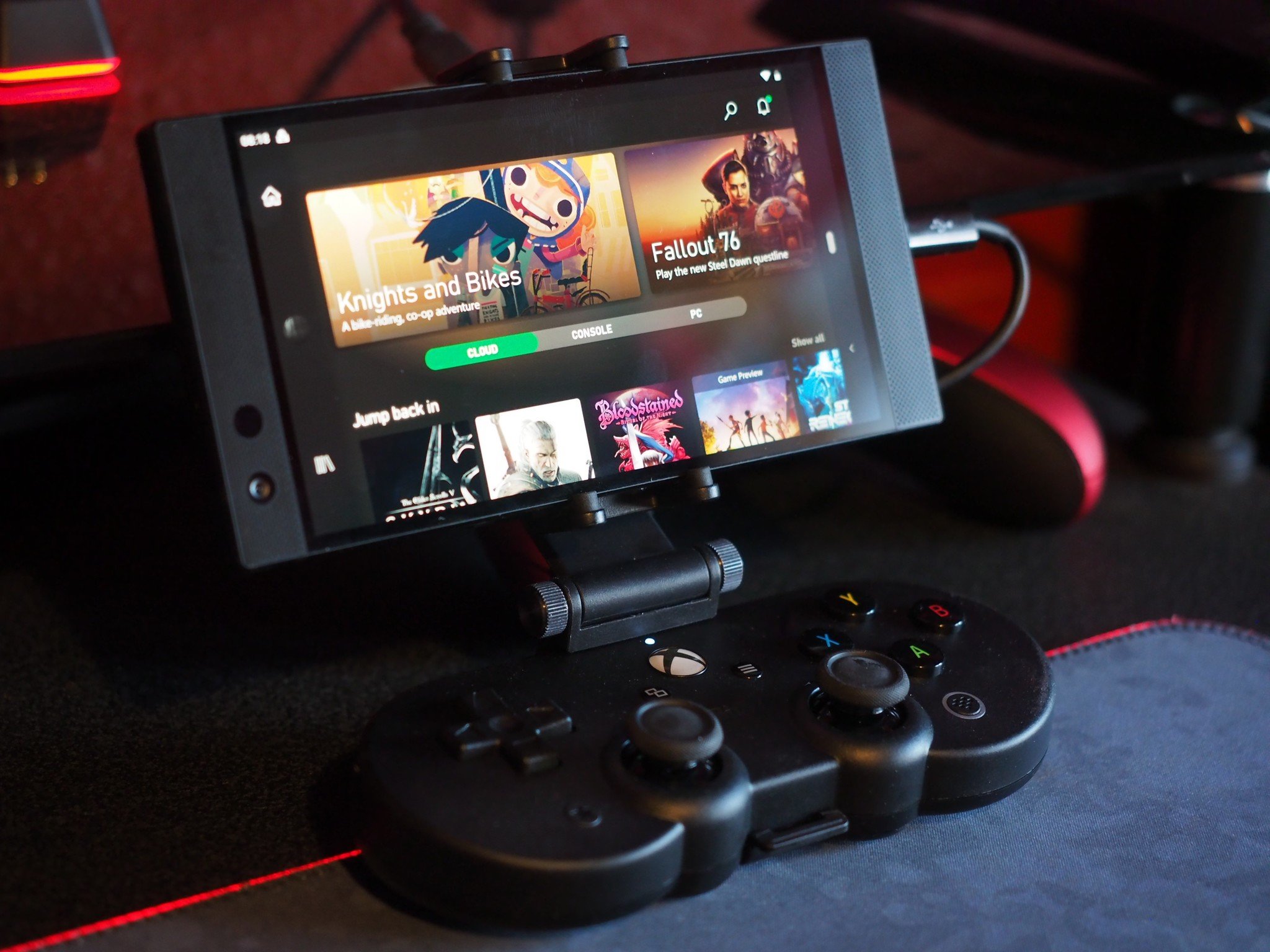
Console gaming is growing, but it's growing decidedly slower than mobile gaming is. Sure, you can argue that's because of the more predatory pay-2-win strategies often deployed on mobile, but even still, Microsoft has a responsibility as a platform holder to expand to this potentially lucrative market — both for devs, and the future of their own business. And no, that's not to suggest cloud streaming will replace console gaming. Naturally (and crucially) they complement each other, since the cloud is comprised of console hardware, and a console-first developer environment.
This could help Xbox reach beyond its tens of millions of customers, towards its first billion customers.
And I'm speaking wholly analytically here. I'm by no means a mobile gamer, and like many of you reading this, I'd rather prefer Microsoft picked up some of the great core-focused studios before competitors did. That said, growth on mobile ultimately helps Xbox grow on console too, reaching the next generation of gamers where they are.
Xbox Game Pass cloud streaming is obvious the first, and right, step into this brave new world. Games like Halo Infinite will no doubt help to boost this platform on mobile and tablets too, as will Starfield. There are rumors that Microsoft is working with the likes of Hideo Kojima (and maybe other developers too) on cloud-first games, that will most likely be device-agnostic along with it. No doubt Microsoft is already planning to beef up Xbox Game Pass' mobile-friendly offering, with games like Minecraft Dungeons, Monster Train, and Slay the Spire already leading the charge.
A studio (or several) dedicated to making, or enhancing games for Xbox Game Pass cloud streaming could help boost the platform on mobile devices and the web. This could help Xbox reach beyond its tens of millions of customers, towards its first billion customers.

Jez Corden is the Executive Editor at Windows Central, focusing primarily on all things Xbox and gaming. Jez is known for breaking exclusive news and analysis as relates to the Microsoft ecosystem — while being powered by tea. Follow on X.com/JezCorden and tune in to the XB2 Podcast, all about, you guessed it, Xbox!
